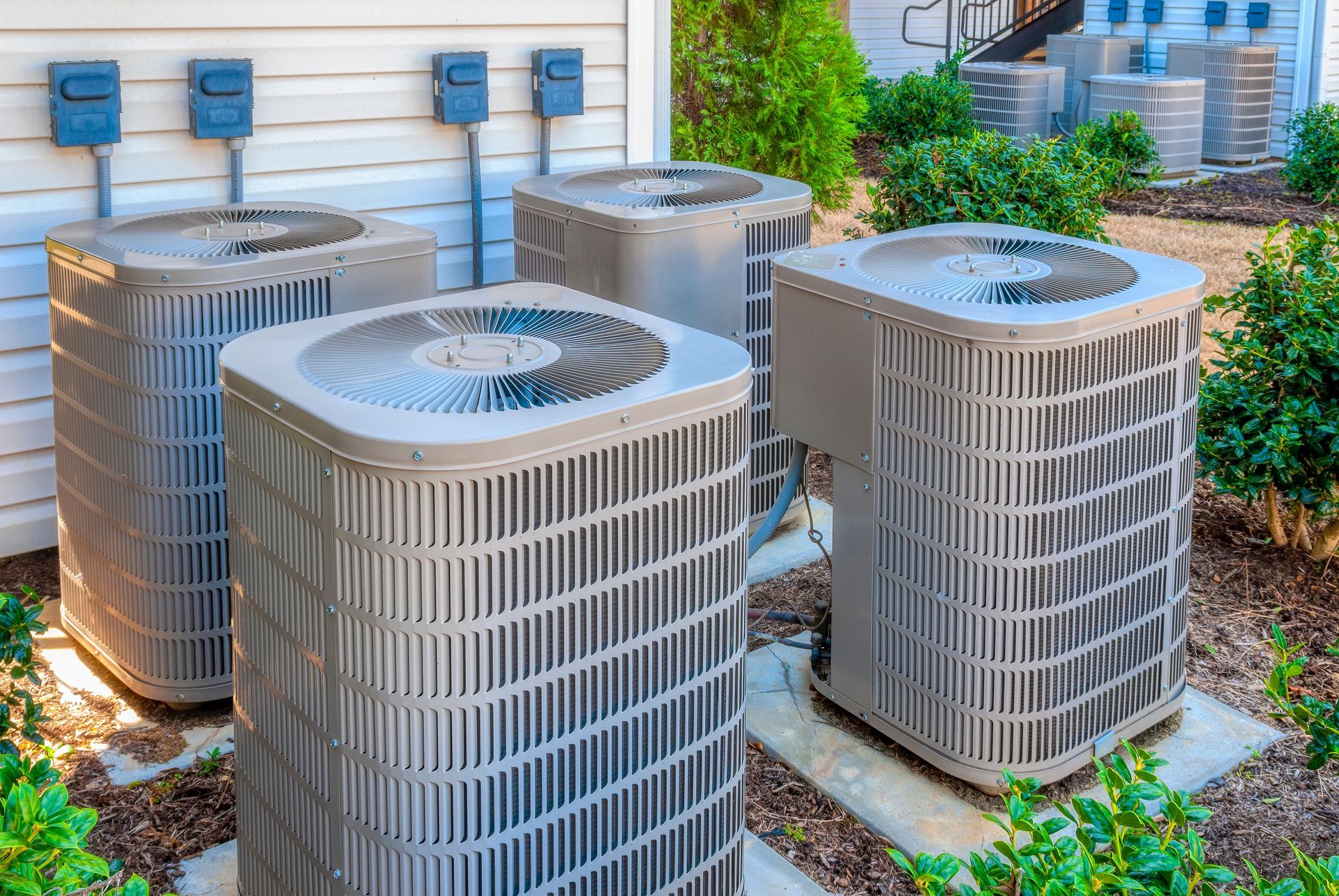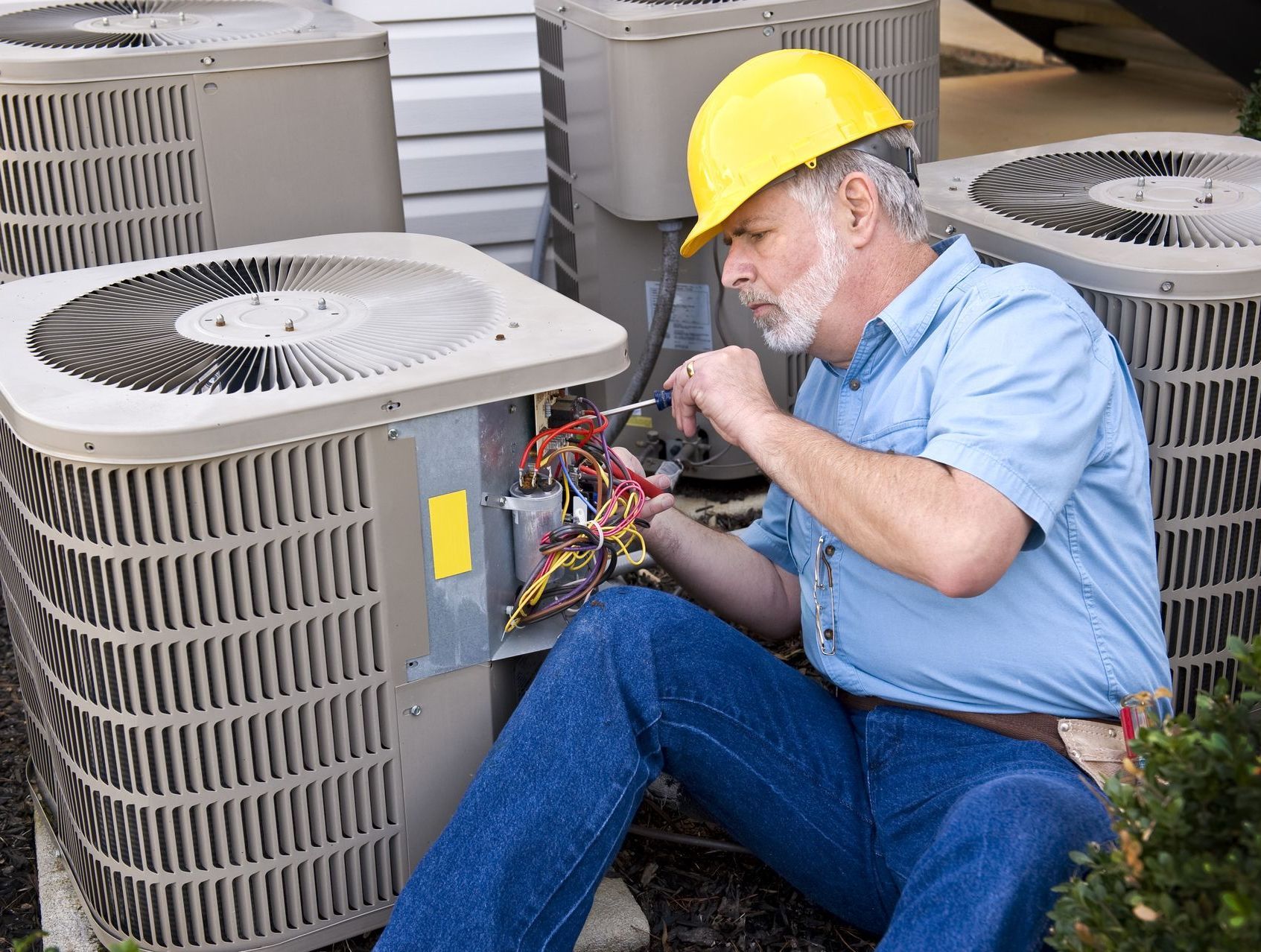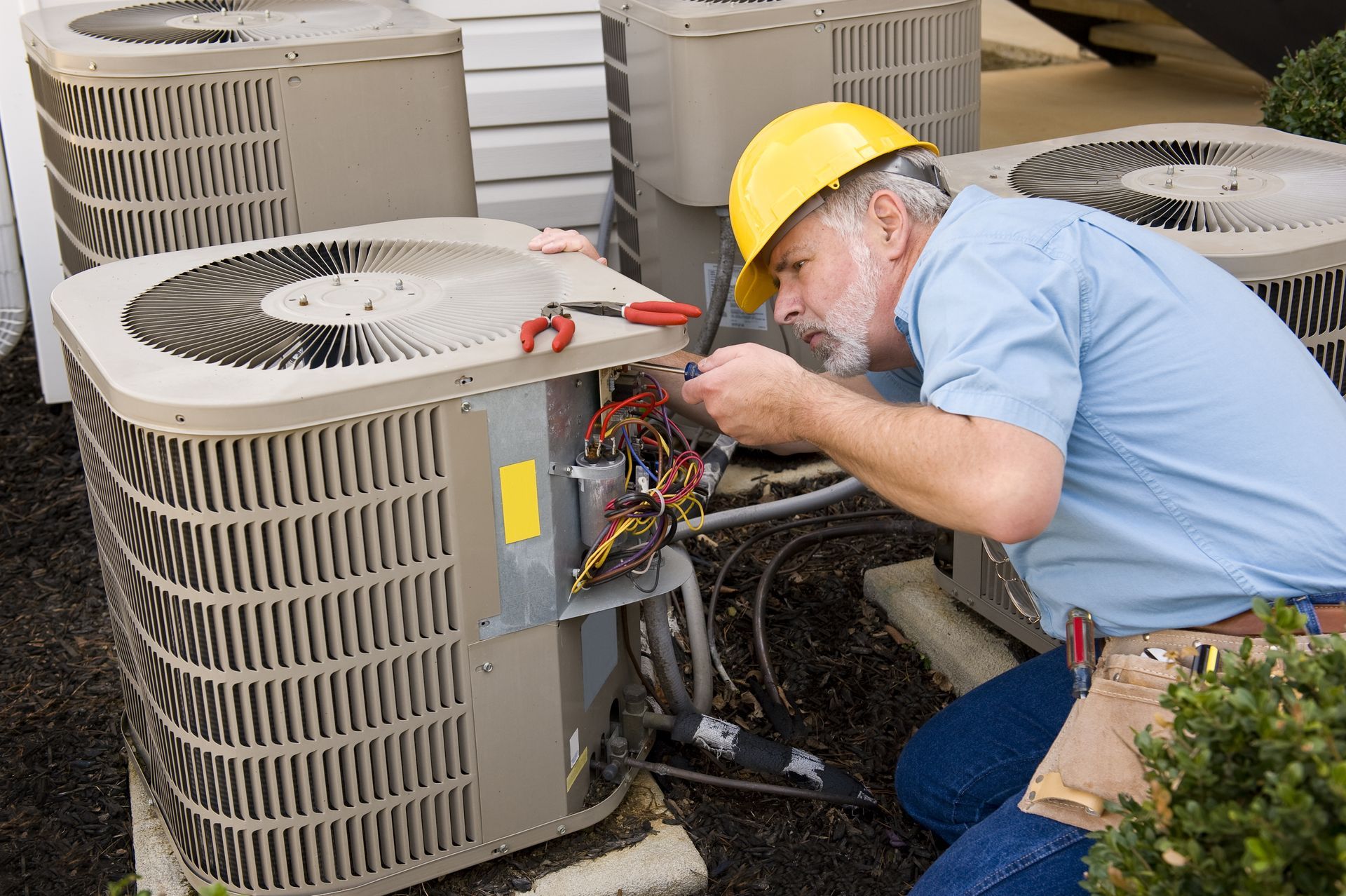How Long Do HVAC Systems Last? 8 Tips to Extend the Life of Your HVAC System

Whether it's the icy depths of winter or the scorching heat of summer, we rely on HVAC systems to maintain the perfect indoor climate. But, like all machinery, HVAC systems have a finite lifespan. If you're wondering about the lifespan of your HVAC system and how to make it last longer, you've come to the right place.
In this article, we'll explore how long HVAC systems typically last and delve into factors that can impact their lifespan. We'll also provide eight essential tips to help you extend the life of your HVAC system.
Typical HVAC Lifespan
HVAC (Heating, Ventilation, and Air Conditioning) systems are a vital component of your home, ensuring comfort year-round. On average, HVAC systems can last anywhere from 15 to 25 years. However, this lifespan can vary depending on several factors.
Factors That Impact the Lifespan of Your HVAC System
While a well-maintained HVAC system can reach its full lifespan potential, several factors can shorten its life. Understanding these factors is crucial for prolonging your HVAC system's life.
- Poor Maintenance Habits: Neglecting regular maintenance, such as cleaning and servicing, can significantly reduce your HVAC system's lifespan.
- Oversizing or Undersizing: An improperly sized system can lead to inefficiency and premature wear and tear.
- High Usage or Extreme Temperature Swings: Extensive usage, especially in extreme climates, can put extra strain on your system.
Tips to Extend the Life of Your HVAC System
Now that you're aware of what affects your HVAC system's lifespan, let's explore eight tips to help you extend its life and maintain peak performance.
Regular Maintenance
Regular maintenance is the key to ensuring your HVAC system's longevity. Schedule annual professional check-ups to keep everything running smoothly.
Change Air Filters
Changing your air filters regularly, typically every 1-3 months, ensures that your HVAC system doesn't have to work extra hard to circulate air, which can strain its components. A good rule of thumb is to change your filter at the end of each season, roughly 4 times per year.
Proper Sizing
When installing a new system or replacing an old one, ensure that it's appropriately sized for your home. An HVAC system that's too large or too small can lead to inefficiency and a shorter lifespan.
Keep Vents and Registers Clear
Blocked vents and registers can obstruct airflow, causing your system to overwork. Keep them clean and unobstructed.
Seal Leaks

Properly insulate and seal your home to prevent drafts and air leaks. This reduces the workload on your HVAC system and contributes to its longevity. If you notice cold spots near windows or doors, consider purchasing weather stripping to help insulate problem areas and protect against the elements.
Protect from Environmental Factors
To safeguard your HVAC system from environmental factors, consider installing a protective housing or enclosure to shield it from rain, snow, and direct sunlight. This additional layer of defense will help prolong the lifespan of your system and ensure it continues to operate efficiently, reducing maintenance costs in the long run.
Limit Extreme Temperature Swings
Extreme temperature fluctuations can place a burden on your HVAC system. Many of us tend to wait until it's either scorching hot or bitterly cold before we activate our heating or cooling systems. However, this abrupt, extreme temperature change can be tough on your system, causing it to work harder and potentially leading to more wear and tear. By gradually adjusting the temperature up or down, your HVAC system won't have to work as intensely to reach your desired comfort level. For greater efficiency and reduced strain on your HVAC system, consider investing in a programmable thermostat to maintain a consistent, energy-efficient temperature.
When to Reach Out For Repairs or Replacements

Knowing when to call in professionals for repairs or replacements is crucial. Here's a brief walkthrough of signs indicating it's time to reach out for expert assistance:
- Inconsistent Temperatures: If you notice uneven heating or cooling in your home, it could be a sign of a failing HVAC system.
- Unusual Noises: Strange noises, such as rattling or banging, may indicate mechanical problems.
- Increased Energy Bills: A sudden spike in energy bills without changes in usage is a red flag.
- Frequent Repairs: If you find yourself frequently repairing your HVAC system, it may be more cost-effective to replace it.
The Bottom Line
Eventually, all good HVAC systems must come to their end, but with the right care and attention, you can extend its life and maintain peak performance. Regular maintenance, changing air filters, proper sizing, and keeping vents and registers clear are essential steps to ensure your HVAC system operates efficiently.
By following these tips and being vigilant about the signs of HVAC system issues, you can enjoy a comfortable indoor climate and a longer-lasting, well-functioning HVAC system.
Discover
excellent
local
businesses!
Our unique content—articles, ratings, reviews, and videos—help consumers make better purchasing decisions while promoting companies striving to provide customer service excellence.
| Recently Added |
|---|
| Accounting |
| Chiropractors |
| HVAC |
| Moving |
| Physical Therapy |
| Plumbing |
| Windows and Doors |
Is
your
business
in our
directory?
Update your business information to become more visible in our directory. Your lead form will also be activated.
Find your company >






